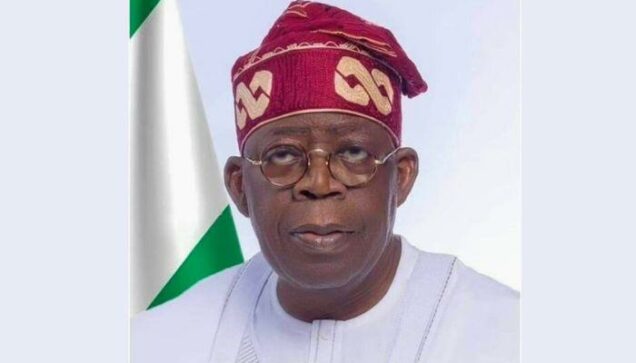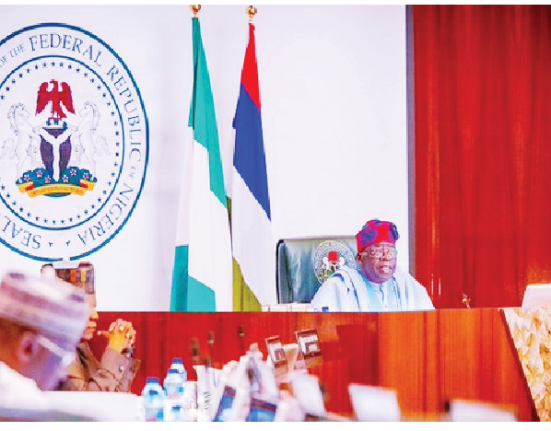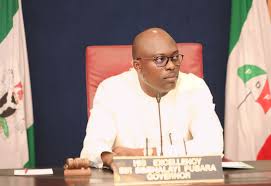As President Bola Ahmed Tinubu’s administration marks two years in office, the presidency has been hailed as a “Diamond Presidency”, a metaphorical emblem of resilience, clarity of purpose, and transformative leadership. This chronicle seeks to encapsulate the defining traits, policies, and milestones of the Tinubu administration in shaping Nigeria’s national outlook.
Vision Rooted in Reform
From the outset, President Tinubu articulated a bold vision centered on economic diversification, infrastructural renewal, and social inclusion. His administration’s “Renewed Hope” agenda was more than a campaign slogan, it became a national blueprint. It featured prominently in reforms such as the unification of exchange rates, removal of fuel subsidies, and overhauls in fiscal and monetary policy aimed at restoring investor confidence.
Leadership in Action
The president’s hands-on approach to leadership has earned him recognition both locally and internationally. His swift appointments of seasoned technocrats to key sectors, including finance, justice, and digital economy, demonstrated an understanding of Nigeria’s need for competent governance. Initiatives such as the Presidential Metering Initiative (PMI), the establishment of the Student Loan Scheme, and the approval of the National Cocoa Management Board reflect his commitment to inclusive development.
Security and Stability
Security, a central concern for Nigerians, remains a critical focus of the administration. Military operations across the North-East and North-West have seen intensified efforts against insurgency and banditry. The relocation of the Chief of Army Staff to Benue amid herdsmen attacks exemplifies the government’s resolve to ensure peace across flashpoints.
Economic Diplomacy and Global Standing
Tinubu’s presidency has significantly re-positioned Nigeria on the global stage. High-level engagements with the United Nations, the African Union, and leading global investors such as the Vitol Group underscore his strategic use of economic diplomacy to attract foreign direct investment, particularly in energy and infrastructure. The administration’s support for the $25 billion Trans-Saharan Gas Pipeline project reflects Nigeria’s ambition to become a key player in global energy supply.
People-Centric Policies
Programs like the ₦45,000 monthly stipend for TVET students, expansion of the Social Investment Programmes, and free metering for electricity consumers under the PMI are deliberate efforts to alleviate hardship. The launch of the PECCIN initiative by First Lady Oluremi Tinubu to eliminate cervical cancer further amplifies the administration’s focus on health and social welfare.
A Legacy in the Making
While challenges persist, from inflation to exchange rate instability and youth unemployment, the Tinubu presidency is widely seen as laying the groundwork for long-term national transformation. The administration’s commitment to structural reforms, coupled with its ability to withstand political turbulence, positions it as one with enduring influence.
As Nigerians continue to evaluate the road traveled and the journey ahead, one thing remains clear: the Tinubu administration is building a legacy not just of projects and policies, but of bold decisions that aim to redefine Nigeria’s place in the 21st century.







